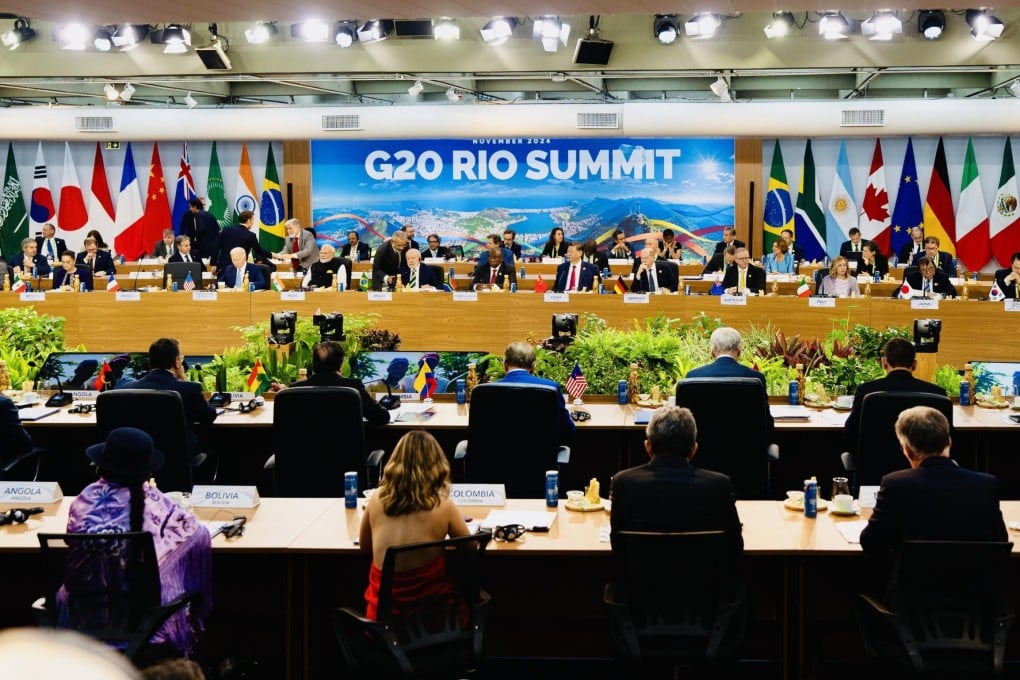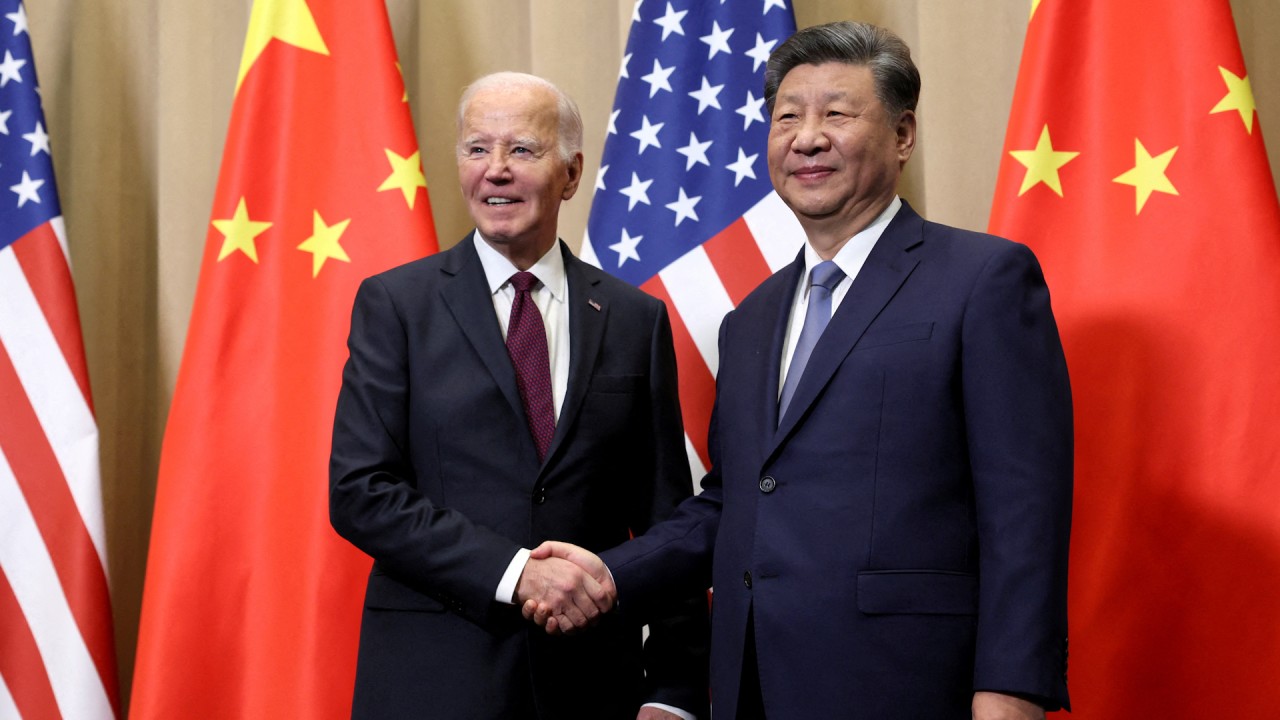G20 summit begins with Brazilian host laying out ambitious global priorities
Anti-poverty agenda set by Brazil’s leader gains some initial support, but progress is threatened by instability and conflict around the world.

At the opening of the annual G20 summit in Brazil on Monday, leaders of 19 member countries along with the African Union and European Union vowed to work toward tackling global poverty and push for the reform of global institutions.
The two-day meeting – bringing together nations representing 85 per cent of the world’s GDP, three-quarters of international trade and two-thirds of global population – comes amid a period of global stress.
The summit’s host, Brazilian President Luiz Inacio Lula da Silva, emphasised that this year’s meeting was taking place amid the “largest number of armed conflicts since World War II and the greatest number of forced displacements ever recorded”. He also pointed to the growing social, racial and gender inequalities, adding that “the ultimate symbol of our tragedy is hunger and poverty”.
Despite the leftist Brazilian president’s efforts to mediate wars in Ukraine and the Middle East, which ultimately proved unsuccessful, global instability is on the rise in a world increasingly overshadowed by armed conflict, mounting inequality and Chinese and North Korean support for Moscow’s war against Ukraine.
Brazilian Development Minister Wellington Dias highlighted China’s support for the host’s plan to forge a Global Alliance Against Hunger and Poverty, including Beijing’s offer to share its expertise supporting smallholder farmers to fight hunger.
“When we talk about the 500 million we want to reach, China will certainly play a fundamental role,” Dias said on Monday.
